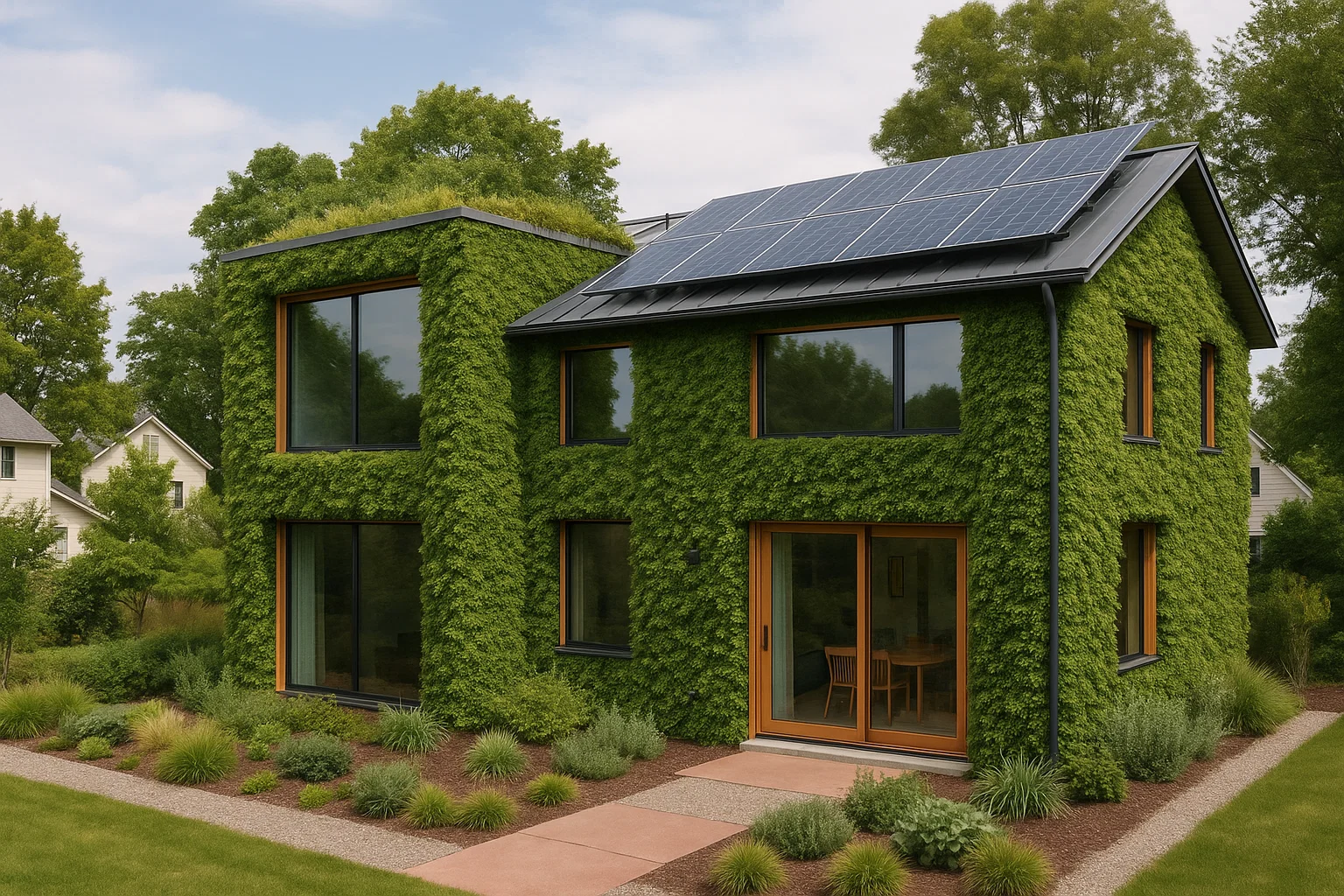The demand for sustainable real estate is growing as homebuyers and investors prioritize energy efficiency, eco-friendly materials, and lower carbon footprints. As a real estate agent, embracing the green housing trend can help you attract environmentally conscious clients and differentiate yourself in a competitive market.
Why Sustainable Real Estate Matters
Sustainability in real estate is more than just a trend—it’s a shift in buyer preferences and regulatory policies. Key benefits of green housing include:
- Lower Energy Costs – Energy-efficient homes reduce utility bills.
- Increased Property Value – Eco-friendly upgrades often boost resale value.
- Healthier Living Environments – Sustainable materials improve indoor air quality.
- Environmental Benefits – Reduced carbon footprint and resource conservation.
Features of Sustainable Homes
To effectively market green properties, agents should understand the features that make homes sustainable, such as:
- Energy-Efficient Appliances – Smart thermostats, LED lighting, and Energy Star-rated devices.
- Solar Panels and Renewable Energy – Lower dependency on traditional power sources.
- Eco-Friendly Building Materials – Reclaimed wood, low-VOC paints, and sustainable insulation.
- Water Conservation Systems – Rainwater harvesting and low-flow fixtures.
- Smart Home Technology – Automated systems for energy management.
How Real Estate Agents Can Capitalize on the Green Housing Trend
1. Educate Yourself and Your Clients
- Obtain green real estate certifications like the NAR’s Green Designation.
- Stay informed about government incentives and tax credits for sustainable upgrades.
- Provide clients with resources on eco-friendly financing options.
2. Market Green Properties Effectively
- Highlight sustainability features in property listings and descriptions.
- Use SEO-driven content marketing to attract eco-conscious buyers.
- Leverage virtual tours to showcase energy-efficient systems and materials.
3. Partner with Green Industry Professionals
- Collaborate with sustainable builders and architects.
- Build relationships with solar energy providers and eco-friendly contractors.
- Work with lenders specializing in green financing options.
4. Target the Right Buyer Demographics
- Millennials and Gen Z buyers prioritize sustainability in home purchases.
- Investors seeking long-term value appreciate energy-efficient properties.
- Homeowners looking to reduce utility costs are drawn to green upgrades.
5. Stay Ahead of Green Housing Regulations
- Keep up with local and national sustainability policies.
- Understand building codes that promote energy efficiency.
- Guide clients on meeting new environmental compliance standards.
Conclusion
The green housing trend presents a significant opportunity for real estate professionals. By understanding sustainable home features, marketing eco-friendly properties effectively, and positioning yourself as a knowledgeable resource, you can attract more clients and grow your business. As a real estate coach, helping agents navigate this evolving market will ensure they stay ahead in an industry that’s going green.


